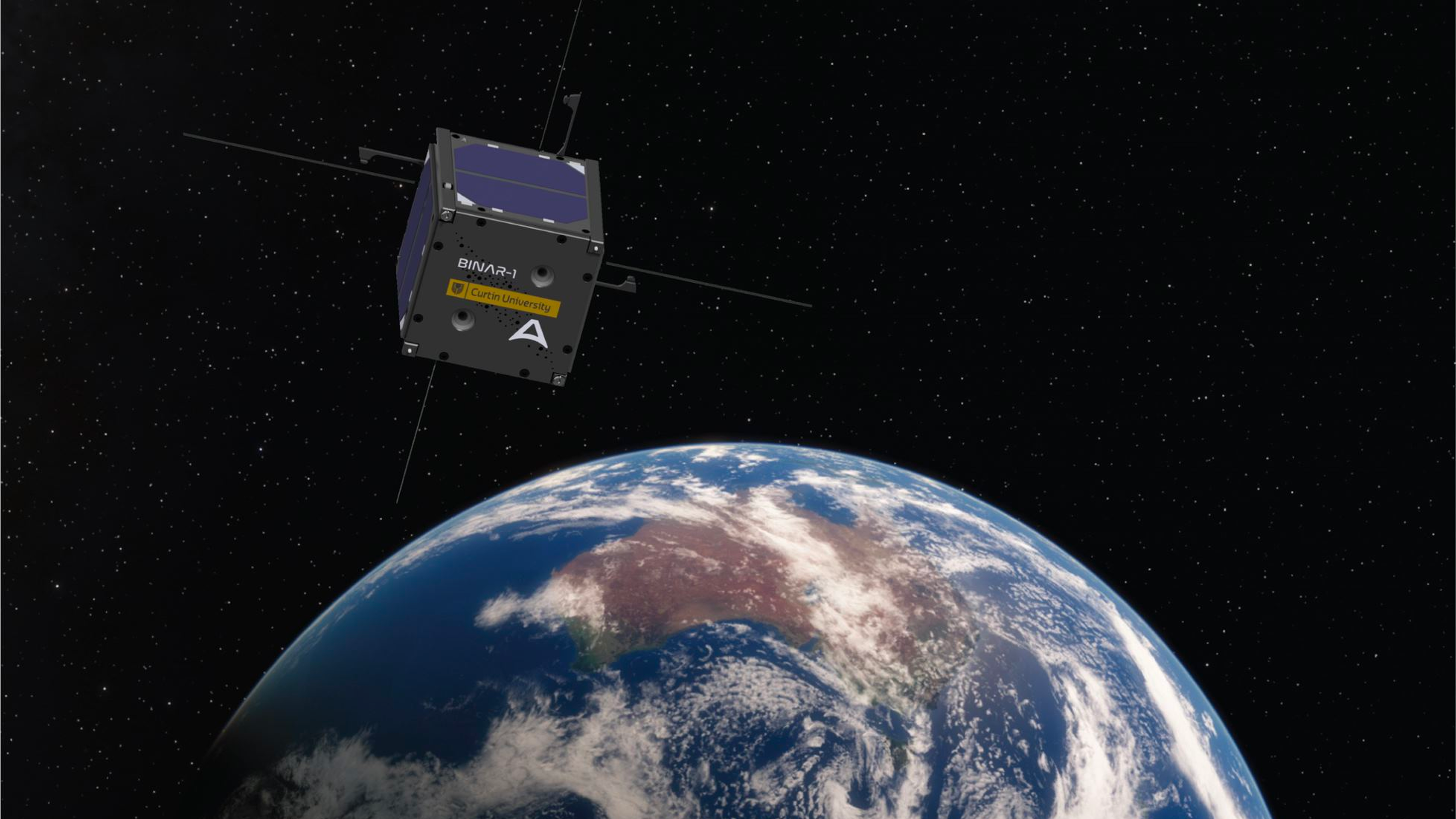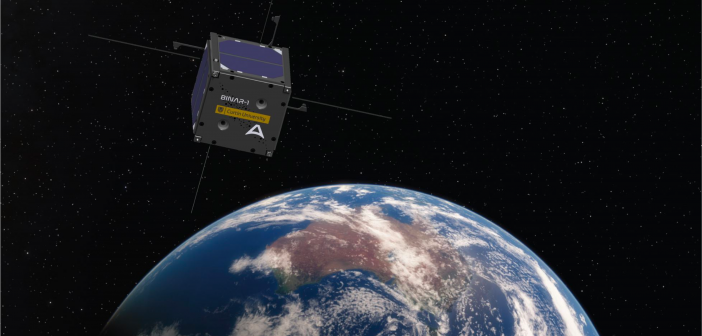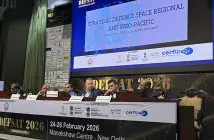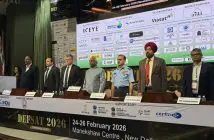
The Western Australian government says it is committing $6.5 million to boost its ambitious space program in the upcoming State Budget.
The funding will be supporting two key space initiatives – Australian Remote Operations for Space and Earth (AROSE) and Curtin University’s Binar Space Program.
A significant portion of the funding, $4 million, will go to AROSE, the Perth headquartered, industry-led consortium transferring technology from the resources industry into the international space sector.
AROSE’s aim is to position WA as the trusted leader of remote operations, with its sights set on deploying a remote lunar rover on the Moon.
Meanwhile, $2.5 million will be allocated to Curtin University’s Binar Space Program.
The four-year co-investment will help grow WA’s space industry and support the aims of the Diversify WA economic development framework.
This funding will enable Western Australian start-ups and small to medium-sized enterprises to test their technology in space for commercialisation, as well as for training students in the development, testing and operation of spacecraft.
Curtin University’s first spacecraft, Binar-1, was launched into space on August 29, 2021 and is currently orbiting 400 kilometres above Earth providing valuable information on spacecraft operation and performance.
Curtin University aims to send six more CubeSat spacecrafts into space over the next 18 months and will form WA’s first satellite constellation.
Since its inception in 2017, the program has developed extensive capability and a highly skilled workforce in the design, engineering, manufacturing and operation of space technology and small satellites.
The Binar Space Program also supports the activities of the AROSE consortium and Fugro’s Space Automation, Artificial Intelligence and Robotics Control Complex (SpAARC).
“Space is just one of the many exciting industries taking off in WA and it’s important that the WA Government continues to support local space research. Both AROSE and Curtin University’s Binar Space Program have truly reignited WA’s passion for space and this funding will ensure both programs can continue the important work that they do well into the future.” said WA Science Minister Roger Cook.





